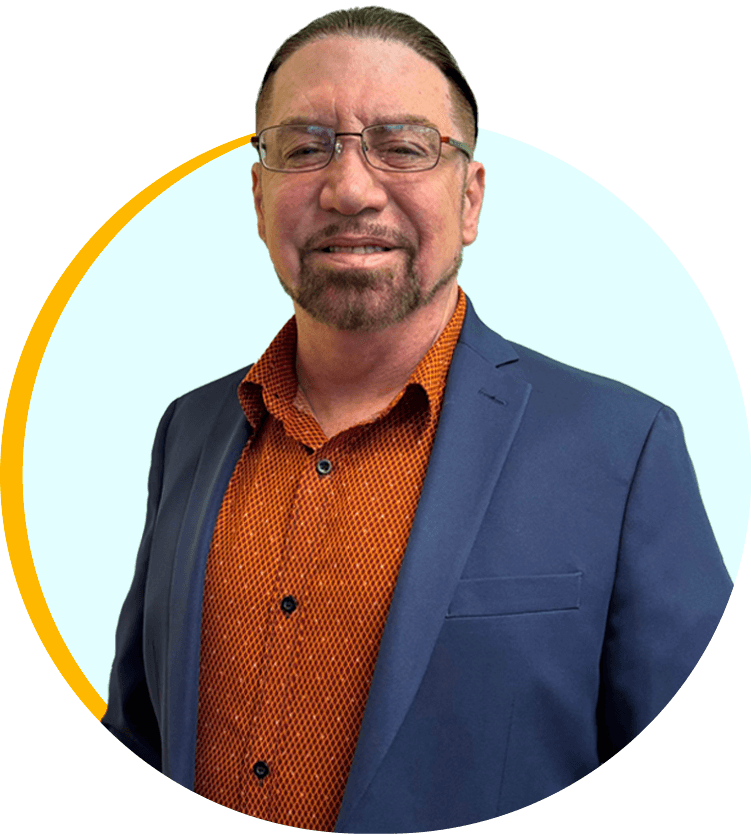The well-established 12 step programs are a proven way to help with addiction recovery. The founders of Alcoholics Anonymous created the 12 step program more than 80 years ago and it has worked for millions of people since then.
The 12 steps might seem like a lot to take in, but looking at them step-by-step makes understanding the process a bit more simple and a bit less overwhelming.
What are the 12 Steps?
The 12 steps are spiritual and can help work to expel the obsession to drink or use drugs. The goal here is to enable the sufferer to live a happy, healthy, and manageable life. According to Big Book of Alcoholics Anonymous, the 12 steps are:
- We admitted we were powerless over alcohol—that our lives had become unmanageable.
- Came to believe that a Power greater than ourselves could restore us to sanity.
- Made a decision to turn our will and our lives over to the care of God as we understood Him.
- Made a searching and fearless moral inventory of ourselves.
- Admitted to God, to ourselves, and to another human being the exact nature of our wrongs.
- Were entirely ready to have God remove all these defects of character.
- Humbly asked Him to remove our shortcomings.
- Made a list of all persons we had harmed, and became willing to make amends to them all.
- Made direct amends to such people wherever possible, except when to do so would injure them or others.
- Continued to take personal inventory and when we were wrong promptly admitted it.
- Sought through prayer and meditation to improve our conscious contact with God as we understood Him, praying only for knowledge of His will for us and the power to carry that out.
- Having had a spiritual awakening as the result of these steps, we tried to carry this message to alcoholics, and to practice these principles in all our affairs.
All 12 step programs are a journey of recovery and fellowship. But to be successful, the program requires proactive and deliberate action. Let’s take a deeper look into the first three.
Step One: Explained
In many ways, the first step is the most important of the 12 steps because it requires us to acknowledge we need help to change course. At the same time, many may find this step to be difficult since it requires us to admit we have allowed our lives to reach a level that is now “unmanageable.”
Anyone working toward step one is likely to be experiencing an entire range of emotions. These emotions may include sadness, shame, regret, and confusion. These emotions are all perfectly understandable, and there is no right or wrong feeling to have at this junction.
If life seems to be spiraling out of control and drinking or using drugs seems to be the answer every time an issue arises, you may start feeling powerless to change direction. Listen to your gut; you are in the right place. Acknowledging you have a problem is a powerful admission and a foundation from which we can build. Cracks in the foundation mean everything built on top is at risk of destruction. It’s been said many times that the only step that needs to be completed perfectly, is Step One.
Step Two: Learning How to Be Sane
The second step of the process is one filled with hope as it requires us to recognize a greater power is at work. While some participants might be tempted to focus on who or what the power may be, it is not important to do so.
Step two is not one to take lightly, and it is imperative we recognize there a greater force is at play that can help us, so we can begin the process of accepting the help necessary to kick our addictions. The notion of a higher power can be defined in a number of ways, and everyone may not define it the same. However, these different definitions do not make the Higher Power any less critical to the process.
When we are deep in trouble, we may not want to admit to our shortcomings or even accept help. By coming to a meeting, you have a recovery support group and are ready to receive the fellowship you need to make a positive and powerful change.
Step Three: Acceptance
Once we recognize and accept this greater force and commit to turning over our will and lives, we can begin the process of turning things around. To many, this is hard as it may feel like we are giving up control, while we’re actually regaining control and manageability of our lives.
Don’t forget, recovery support groups like AA, NA, and SMART Recovery are an important part of this step. They offer fellowship and an opportunity to spend time with a group of individuals with a shared experience. Building a support system consisting of healthy, recovering friends can be the lifeline that actually saves your life.
This support system will help you stay the course, even when it might be tempting to stray.
Find Recovery at Principles Recovery Center
Principles Recovery Center is a drug rehab facility located in Davie, Florida, off the coast of Ft. Lauderdale. We offer family-focused treatment and drug rehab programs geared toward both the English and Spanish speaking communities. For more information, call us now.



